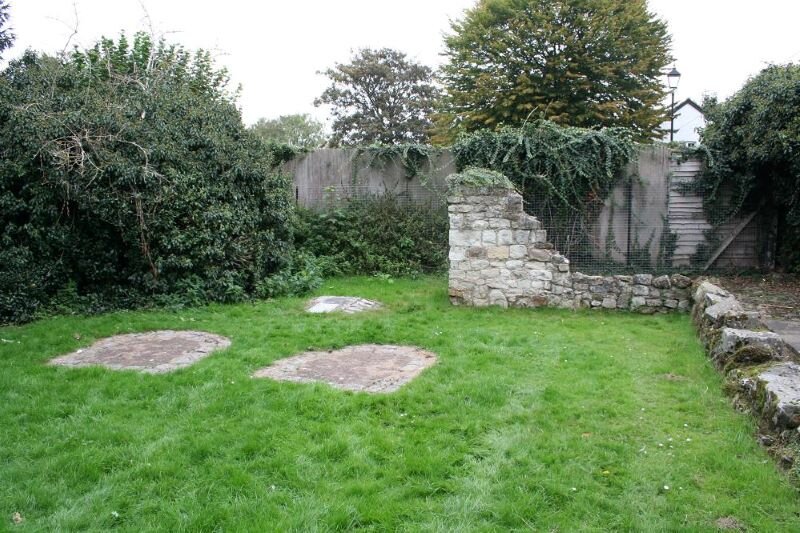May 23rd 1471: A last trip to Chertsey All that remains of Chertsey Abbey King Henry lay in St Paul’s Cathedral whilst arrangements were made for his burial, and this was done with the proper solemnity accorded to his rank. His burial was at Chertsey Abbey, which was then one of the most important religious houses in the country, founded in 666AD Sforza da Bettini, who diligently reported English and French affairs to the Duke of Milan, gave a sympathetic report to his master: The body was exhibited for days in St. Paul's church in London, and was carried thence by the river Thames to the conventual church of the monks at Chertsey, in the diocese of Winchester, fifteen miles from the city; a kind of barge having been solemnly prepared for the purpose, provided with lighted torches. How great his deserts were, by reason of his innocence of life, his love of God and of the Church, his patience in adversity, and his other remarkable virtues, is abundantly testified by the miracles which God has wrought in favour of those who have, with devout hearts, implored his intercession. The Exchequer of Receipt issue Rolls record the cost of the funeral, managed by Hugh Brice: To Hugh Brice in money delivered to him for money paid by him for wax cloth, linen, spices and other ordinary expenses promised and incurred by him in connection with the funeral of Henry of Windsor who died in the tower of London, and for the wages and rewards of various men carrying torches from the tower to the cathedral church of Saint Pauls, London, and then to Chertsey with the body: £15 3s 6 1/2d This very public burial marked the end of the Lancastrian era in England and Wales. The King and his heir were both dead. Edward IV was now indisputably the King. The campaign was over. |
The First Sunday of Lent 2026
-
Here is a very interesting recording of the Tract for the First Sunday of
Lent by the French ensemble Dialogos, with only female voices. The verses
Scapuli...
20 hours ago


No comments:
Post a Comment